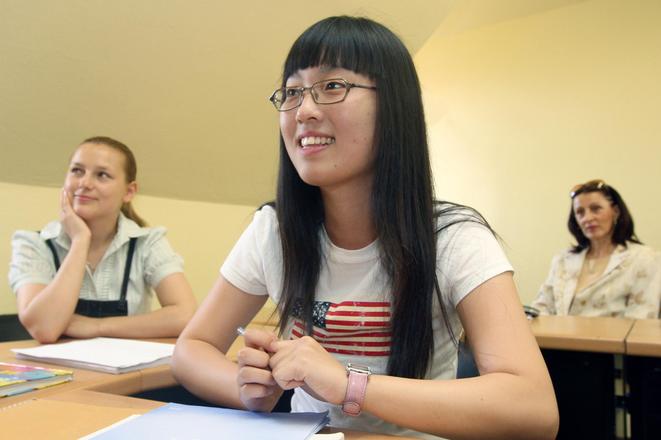During their first six months living in Slovakia they are meant to become self-sufficient, but they often do not speak Slovak, cannot get a job or rent a flat, and find that doctors are unwilling to treat them.
Between April 2014 and March 2015 refugees received help from the Slovak Catholic Charity (SKCH) as part of the Rafael project.
“If we send a CV with the first name being Muhammad, no response comes back,” said Radovan Gumulák, general secretary of SKCH, as quoted by the TASR newswire. “We can send as many as 100 such CVs.”
The charity helps refugees to find accommodation and responds to postings about open apartments, but the people offering it often hang up. They do not want foreigners to become their tenants.
Within the Rafael project, co-financed from the European Refugee Fund, the SKCH helped migrants who were granted asylum or additional protection (i.e. protection granted for one year, with possibility to prolong it by another two) with consulting, assistance when dealing with officials, learning Slovak, as well as searching for a job and accommodation.
“If a person leaves the accommodation facility of the migration office, he or she is entitled for financial assistance for six months,” Gumulák said, as quoted by TASR. “Six months is enough for somebody, but it is not much for foreigners from let’s say the Middle East.”
In the beginning, the SKCH worked with 94 foreigners, but the number later increased to 202.
“The biggest success was when 17 clients found jobs,” Project Manager Jana Figeľová told TASR. Moreover, a woman from Iran got a driving license, one child was placed in kindergarten and two in school, though it was not easy, she added.
Employers and doctors often do not know what it means to deal with a person receiving asylum. Since the foreigners often have only permission to get medical treatment, which doctors see for the first time, they often refuse them, Figeľová explained.
As for employers, they often do not know that these people do not need a work permit. They also did not know who will pay the payroll taxes, she added.
Another problem was the qualification. As foreigners often lack the certificate about their studies, they usually do low-level jobs.
“There is no form of requalification education for foreigners in Slovakia,” Figeľová added.
This article is published as part of Spectator College, a programme created by The Slovak Spectator with the support of Petit Academy Foundation. A glossary of words as well as exercise related to this article are also published online.


